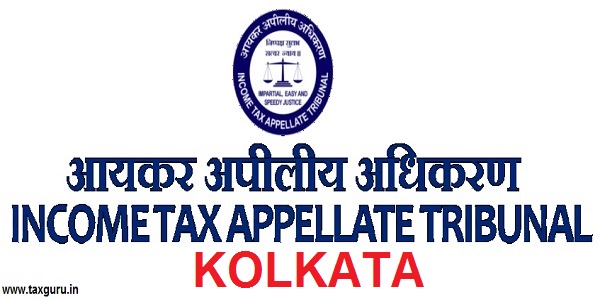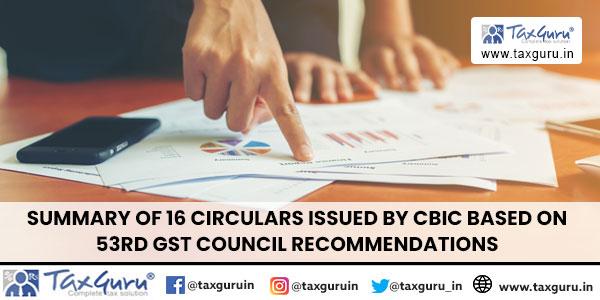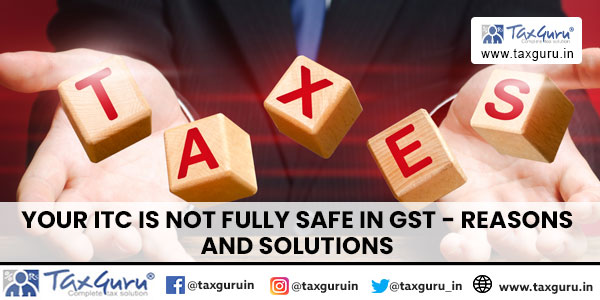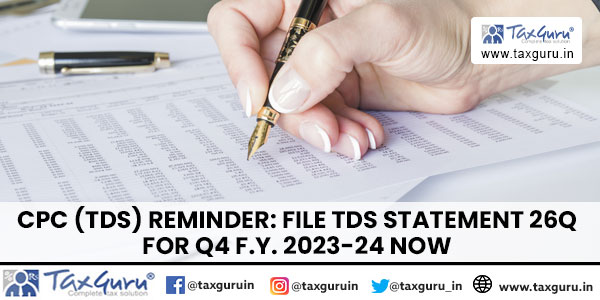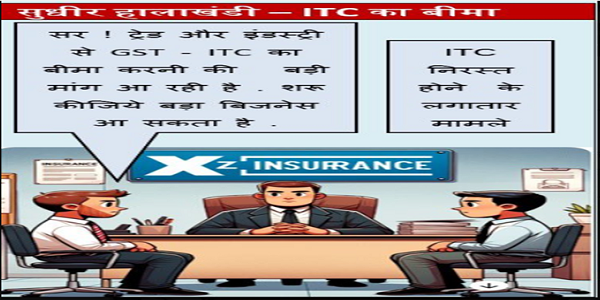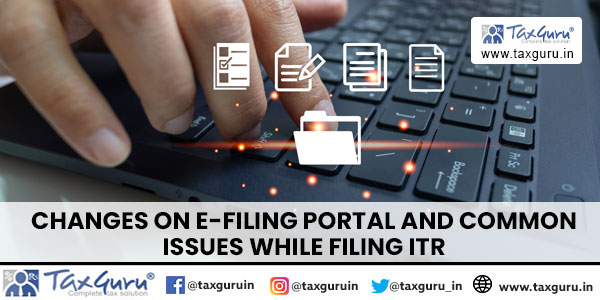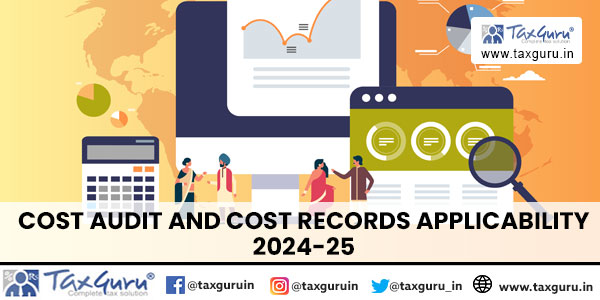The United Arab Emirates (UAE) commonly known as Dubai in comparison to other countries have a diverse taxation system, that includes value-added tax (VAT) which is similar to GST in India, customs duties, excise taxes, municipal or property taxes, and social security contributions etc.
Though discussions for introducing Income tax is going on, currently as on the date, the UAE’s tax structure is notable for the absence of personal income tax as well as corporate tax, making it an attractive destination for businesses or any person who want to relocate to the country.
In this article I am going to provide an in-depth analysis relating to the various corporate taxes and related fiscal obligations in the UAE as in 2024.
First one is Value-Added Tax (VAT) though it is similar to GST but not that complicated
The VAT was introduced by UAE on 1st of January, 2018, with a general rate of 5% which is applicable on most of the goods as well as services. However, some specified goods and services do benefit by a 0% rate or enjoys exemption from VAT under some conditions, like VAT is applied at 0% rate when there is any activity related to exports outside the VAT-implementing Gulf Cooperation Council (GCC) member states, international transportation, crude oil and natural gas supplies, the first supply of residential real estate, and certain health care and education services
The activities such as providing Financial services, the subsequent supply of residential real estate, transactions in bare land, and domestic passenger transport are exempt from the preview of VAT.
According to Cabinet Decision No. 46 of 2020, services provided to non-residents who are in the UAE for less than a month and whose presence is not connected with the service supply can be zero-rated shall be deemed as Export of Services
Certain transactions within designated free zones may be VAT-free, although services within these zones are subject to VAT, like in other words transitions from one zone to other shall be VAT free and transitions within the zone shall be subject to VAT

What are the Thresholds for registration?
Unlike GST there is no Voluntary registeration even with zero turnover, rather there is a limit for voluntary registeration if the business is resident in UAE i.e. When turnover crosses AED 187,500 then a business man may register his business for VAT but if the turnover crosses AED 375,000 then registeration is mandatory, also if the business is Non-resident then there will be No threshold, these business are supposed to register if making supplies on which UAE which means VAT is chargeable.
What are the Administrative or complaisance Requirements?
Similar to GST, in UAE, VAT returns shall be submitted quarterly or monthly, also any excess input VAT can be reclaimed from the Federal Tax Authority (FTA) by following specific procedures, in case of Non-compliance with VAT obligations results in fines and penalties, which can be fixed or tax-geared
Second type of tax is Customs Duties
The UAE generally imposes a 5% customs duty on the cost, insurance, and freight (CIF) value of imports. Specific goods such as alcohol and tobacco are subject to higher custom rates, and certain exemptions and reliefs apply.
Similar to India, they have laws such as anti-Dumping Duties, which are imposed on goods such as car batteries, ceramic tiles, and hydraulic cement, with rates varying by product and origin.
Laws such as custom free areas, that is GCC Customs Union where no customs duties shall be levied on trade between GCC member states, which are subject to conditions, and next is Duty-Free Imports which are granted by UAE to goods from members of the Greater Arab Free Trade Agreement, Singapore, the European Free Trade Association, Israel, and India.
Even there is a concept of free zones in the UAE, which is considered to be outside the customs territory, and goods imported into these zones are duty-free until they enter the local market.
Next is Excise Taxes
Excise taxes were Introduced on October 1, 2017, and expanded on December 1, 2019, they target products which are harmful to health or the environment, and subject to tax rates such as 100% on tobacco, tobacco products, electronic smoking devices, liquids used in these devices, and energy drinks and 50% on carbonated drinks and sweetened drinks.
Next is Municipal or Property Tax
Property taxes are imposed by most Emirates based on the annual rental value, usually payable by tenants. In Dubai, the rates depends on properties, like for commercial properties it is 2.5% (paid by owners) and for residential properties it is 5% (paid by tenants), also a land registration fee of 4% of the fair market value is levied in Dubai on property ownership transfers.
Next is Stamp Taxes
Like stamp duties in India, There are no taxes by the way of stamps in the UAE, even recently in India also these laws are revised, you may refer my article on taxguru about the same
Link: https://taxguru.in/corporate-law/analysis-explanation-draft-indian-stamp-bill-2023.html
Next is Payroll Taxes and Social Security Contributions
As of the date of publication of this article, there is no personal income tax in UAE, hence no payroll tax is there. However, social security contributions apply to UAE and other GCC national employees, for UAE National Employees (excluding Abu Dhabi) it is 20% of gross remuneration, with contributions divided as 5% employee, 12.5% employer, and 2.5% government and for Abu Dhabi it is 26% total, with employer contributing 15%, government 6%, and employee 5%, and for GCC nationals, contributions follow their home country’s regulations. Employers are required to withhold and remit these contributions.
In the Dubai International Financial Centre (DIFC), the DIFC Employee Workplace Savings Scheme (DEWS) replaced the End of Service Gratuity Benefit (EOSG). Employers contribute 5.83% or 8.33% of the employee’s basic salary monthly, depending on the employee’s service length.










